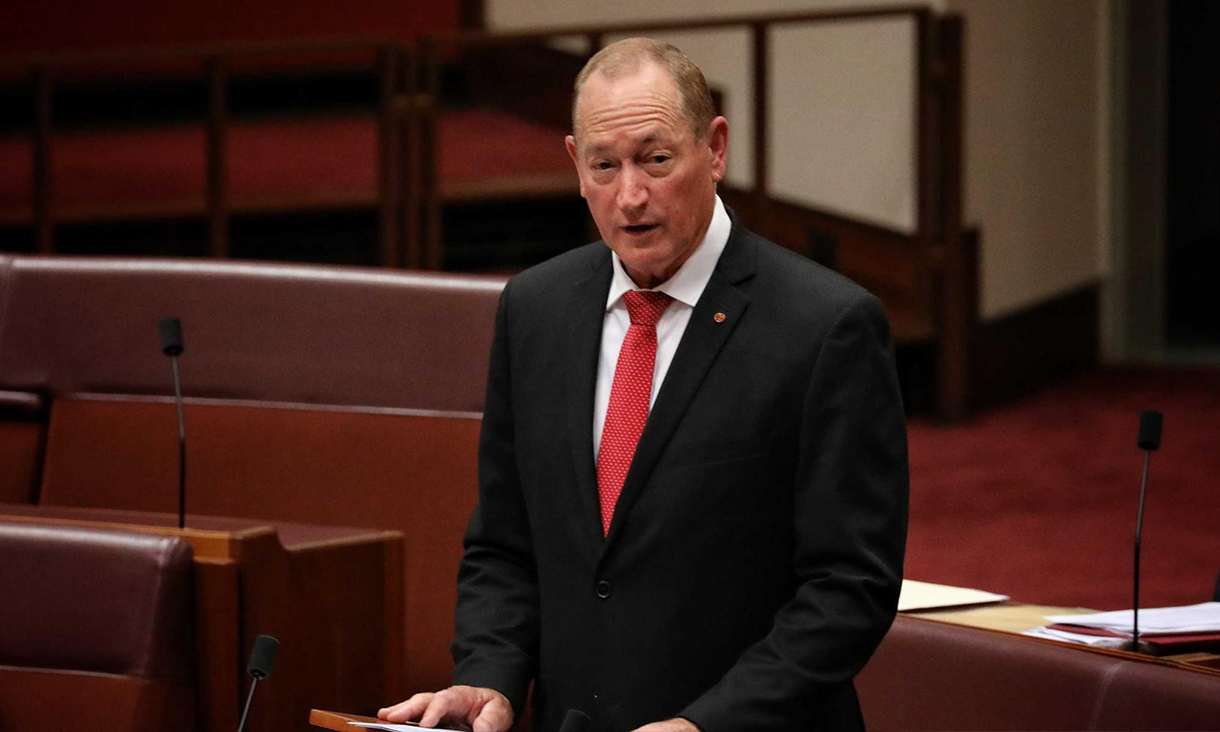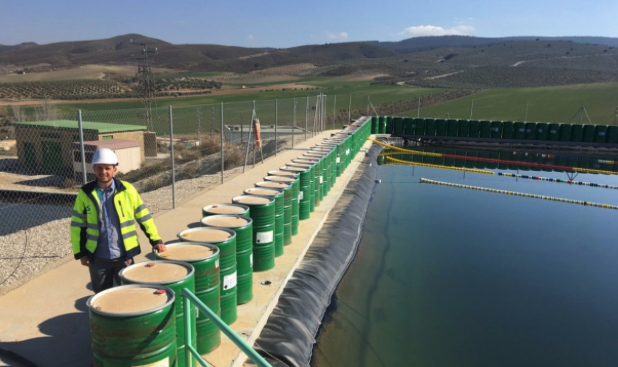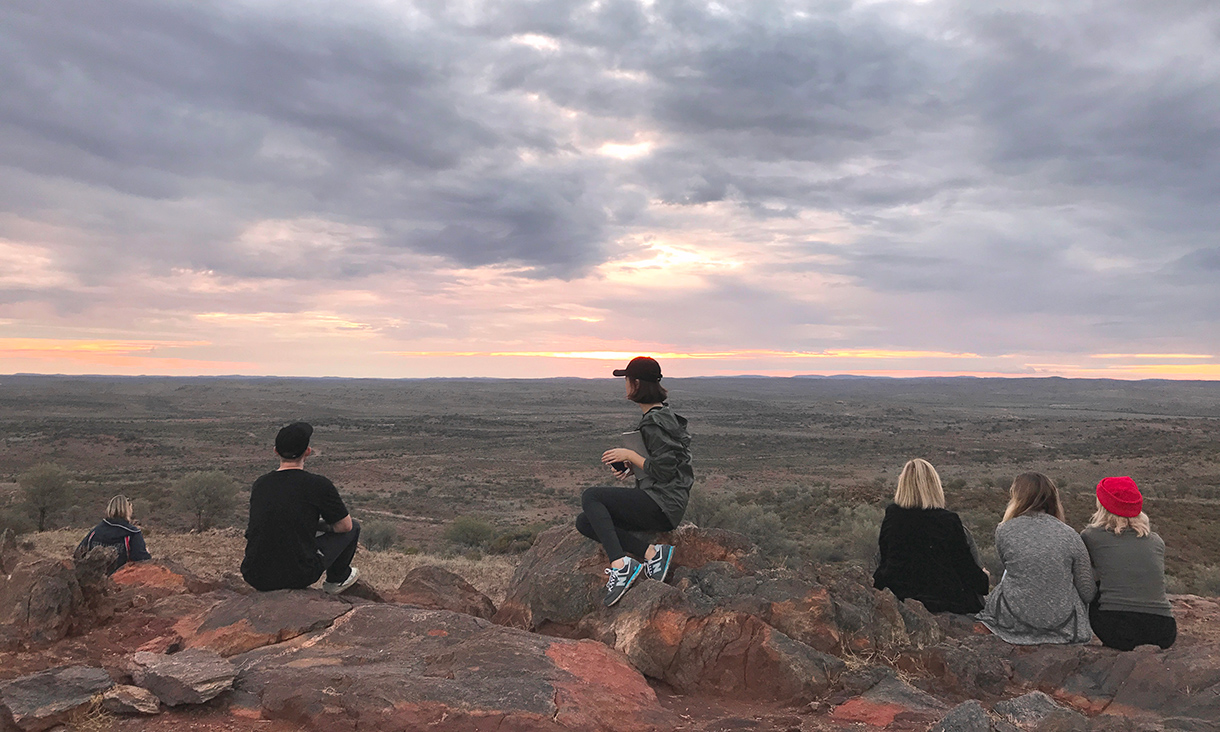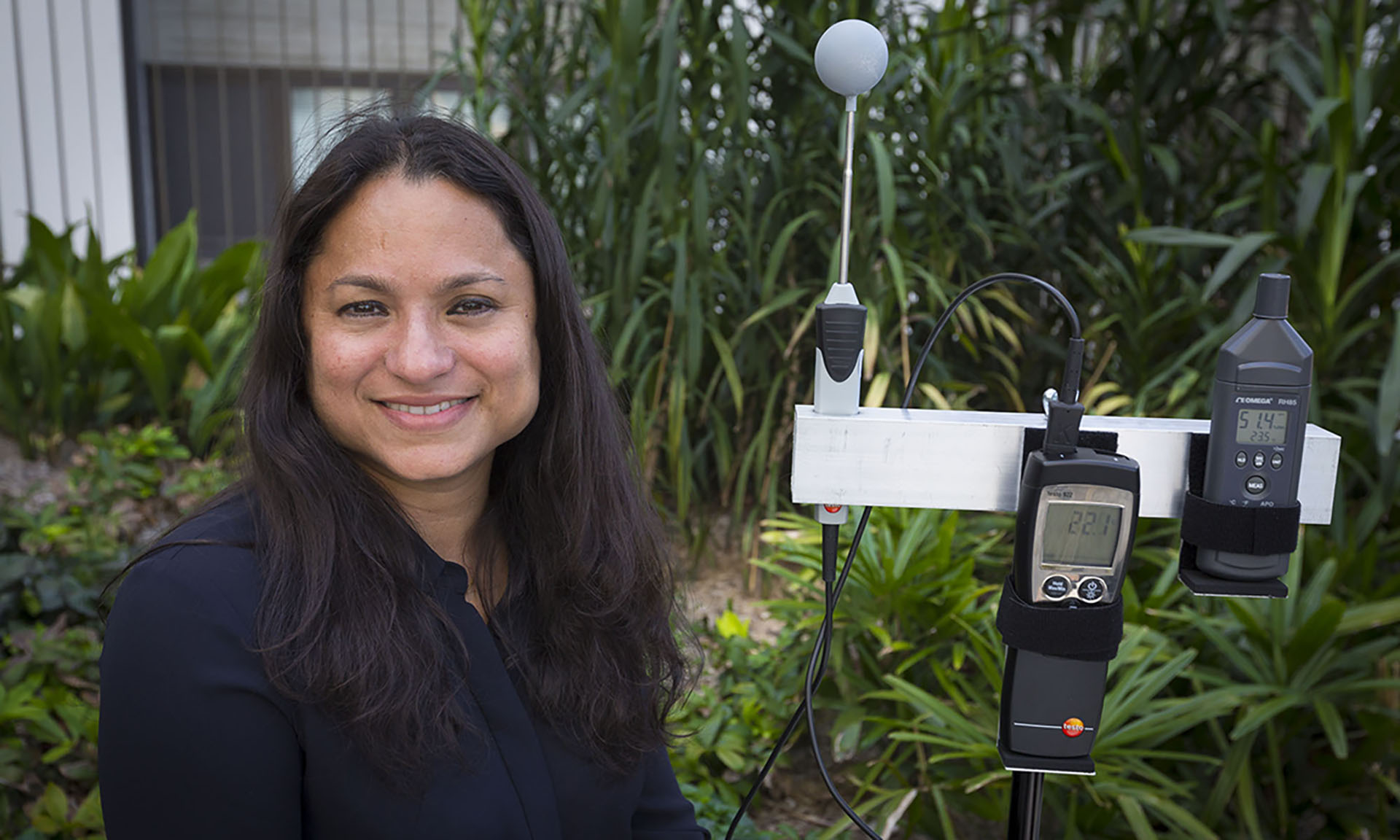The claim
In his headline-grabbing first speech last week, Katter's Australian Party senator Fraser Anning made a number of claims relating to Muslim immigrants.
Among them was a claim that Muslims in Australia were overrepresented in crime rates, "vastly exceeding other immigrant groups".
"Muslims in NSW and Victoria are three times more likely than other groups to be convicted of crimes," he stated.
Is this correct? RMIT ABC Fact Check takes a look.
The verdict
Senator Anning's claim is baseless.
A slew of government departments and data collectors from both NSW and Victoria confirmed that they did not collect data categorising convicted criminals according to religious affiliation.
Indeed, experts said there was a dearth of data relating to the subject, which makes Senator Anning's claim unsustainable.
Is there any data?
Senator Anning's office did not respond by the time of publication to Fact Check's request for the source of his claim.
A variety of government departments and data collection agencies in both NSW and Victoria indicated that there was no available data on convictions that could be used to support the claim.
A spokesperson for the Bureau of Crime Statistics and Research (BOCSAR), which is a statistical and research agency embedded within the NSW Department of Justice, told Fact Check:
"As this data is not collected by the NSW Criminal Courts, BOCSAR could not provide any data on the religious affiliation of persons convicted by the courts."
Victoria's Crime Statistics Agency indicated it did not collect data on convictions and referred Fact Check to the Sentencing Advisory Council.
In an email, the council told Fact Check:
"An offender's religious affiliation is not recorded by Victorian courts and so is not within any of the court data available to the Sentencing Advisory Council.
"Religious affiliation is not a relevant consideration for a court when sentencing an offender under Victorian law."
The Magistrates' Court of Victoria told Fact Check it "does not capture religious affiliation data of accused persons" and could not confirm the validity of Senator Anning's claim.
Fact Check also approached the national research body on crime and justice, the Australian Institute of Criminology, which said it did not hold data on the religious affiliation of convicted criminals.
The prison population
While Senator Anning's claim related to convictions, past media reports have referred to an alleged overrepresentation of Muslims in the Victorian and NSW prison systems.
A 2015 report in The Australian stated that Muslims made up 9 per cent of prisoners, but just 3 per cent of the general population. In Victoria, 8 per cent of the prison population identified as Muslim (versus 2.2 per cent).
A spokesperson for Corrective Services NSW told Fact Check self-identifying Muslims made up 10.3 per cent of the prison population, which includes those held on remand but not yet convicted in July 2018.
Muslims made up 4 per cent of the general population of NSW at the time of the last census.
This comparison with the general population, however, does not show whether Muslims are more likely to be prisoners — or convicted of a crime — than "other groups", which Fact Check takes to mean other religious groups.
Corrections Victoria did not provide Fact Check with data relating to the religious affiliation of prisoners.
Dr Karen Gelb, a criminologist and lecturer at the University of Melbourne, suggested that religious affiliations reported by prisoners was an unreliable gauge in assessing Senator Anning's claim.
"With convictions, ideally you'd be getting that from court data," Dr Gelb said.
"Obviously not everyone ends up in prison, only a small minority of people [with convictions] are ending up in prison."
Given the focus of Senator Anning's claim relates to convictions and not prison sentences, Fact Check considers that data on the religious affiliations of prisoners is not relevant in checking the veracity of his claim.
What do the experts say?
Dr Gelb told Fact Check that as far as she was aware the Census of Population and Housing was the only place religious affiliation was officially recorded in Australia.
"And, of course, the census has nothing to do with crime," Dr Gelb said.
She added that for NSW data, the Bureau of Crime Statistics and Research was the most reliable source.
"BOCSAR deals with police and courts and corrections ... so they are the absolute authority, and if they say they don't have anything, then, they don't have anything."
Dr Gelb had herself searched for evidence in a bid to assess the accuracy of Senator Anning's claim.
"As far as I can tell, [the claim] is baseless."
Dr Richard Evans, a lecturer of criminology at Deakin University, told Fact Check that, apart from Indigenous status, there was very little demographic data recorded in Australia, which made it difficult when researching crime in relation to different cultural and religious groups.
"The notion that anyone could definitively say that Muslims are overrepresented as offenders is just nonsense — there is no data along those lines."
Principal researchers: Ellen McCutchan, David Campbell
This story originally appeared on the RMIT ABC Fact Check website.








